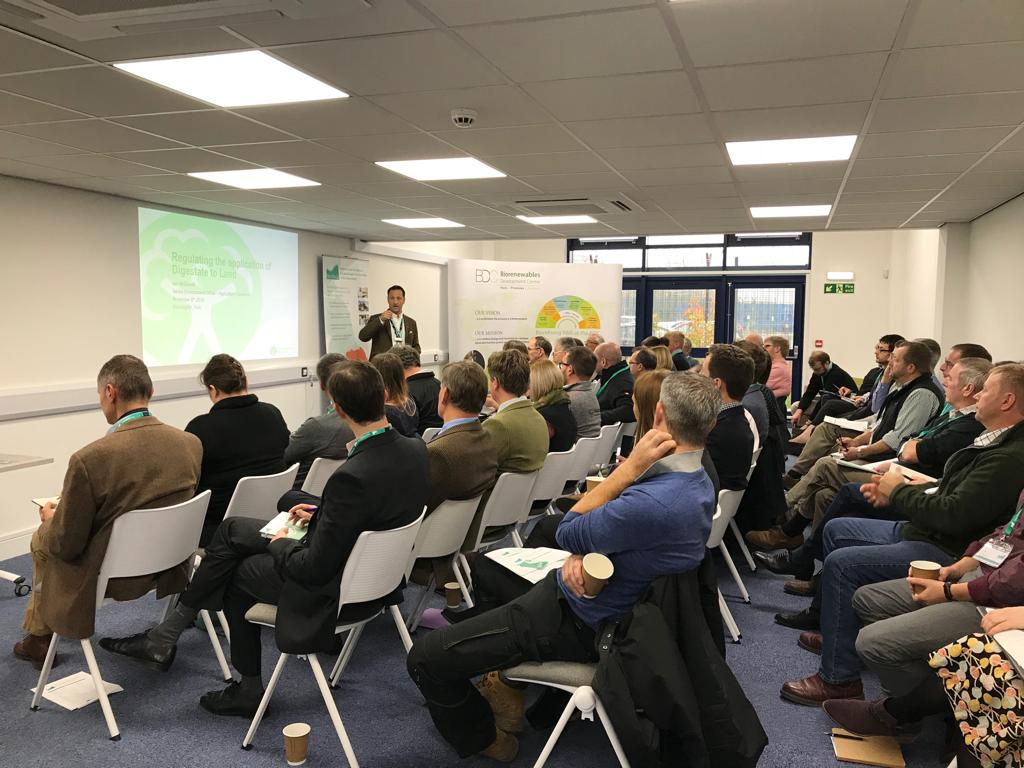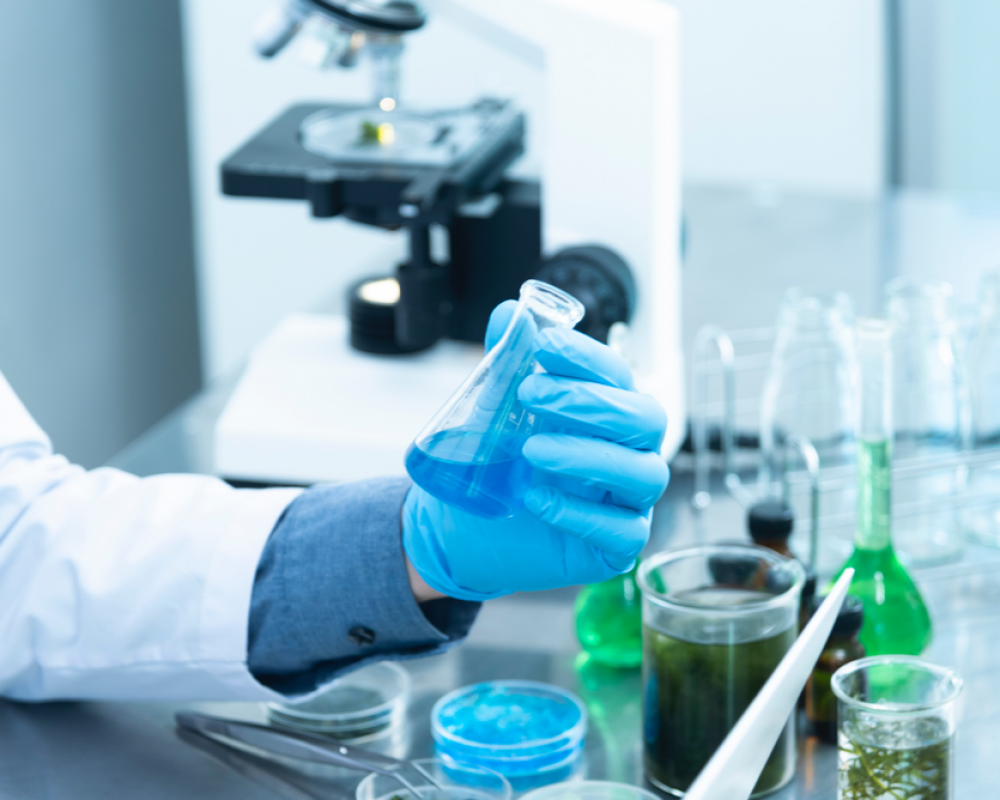
Supporting innovation for the anaerobic digestion (AD) industry
The THYME project has galvanised research into AD: a vital process that uses microbes to turn sewage, food waste and farming waste into energy. Although a well-established technology, AD’s productivity is low, presenting a major opportunity for THYME catalysed research to impact on our economy and our sustainability.
Five proof of concept projects funded
New research partnerships
The THYME project has funded five proof-of-concept studies aimed at improving the AD process. These projects have brought together microbiologists, chemists, ecologists and logisticians from the universities of Hull, York and Teesside, along with industrial partners, many of them working together for the first time.
Managing the microbes
The microbial processes behind AD are complex and poorly understood. With THYME funding, researchers are using high-throughput genetic techniques to study the combined genome of thousands of microbe species from AD tanks. Their research promises to transform our understanding of AD and increase its waste recycling potential.
Alex Jukes, University of York said:
Our AD research has benefited hugely from expertise provided by the universities of Hull and Teesside.
De-risking innovation
THYME researchers are using data sets from commercial AD to create a ‘digital twin’: a mathematical model that can be used to explore the impact of different interventions without risk. Another approach under investigation is the possibility of repurposing a no-longer-needed AD site as an open-access facility for testing new innovations at commercial scale.
Finding new AD feedstocks
New feedstocks for AD will increase our sustainability and enable the AD industry to expand. THYME funded researchers are testing the use of pharmaceutical waste in AD, to generate renewable energy and avoid expensive and environmentally problematic disposal. In other work, researchers are using clippings and mowings from nature reserves and other wildlife habitats in AD, and assessing the potential this offers in terms of effective biodiversity management and as a source of income to offset conservation costs.
Specialist workshops
Working with BioVale’s Special Interest Group on AD, the THYME project has put on four workshops, bringing researchers and industry together to discuss best practice, share new knowledge and build innovation partnerships. The workshops have included research showcases, AD site visits, discussions on environmental issues associated with using the digestate from AD and presentations of new technologies to deal with problematic feedstocks.
17 research partnerships catalysed
Total of £239,716 funding
Four AD workshops
For more information please visit: www.thyme.biovale.org.

The THYME project is supported by Research England's Connecting Capabilities Fund.
The THYME project was completed in June 2022.

